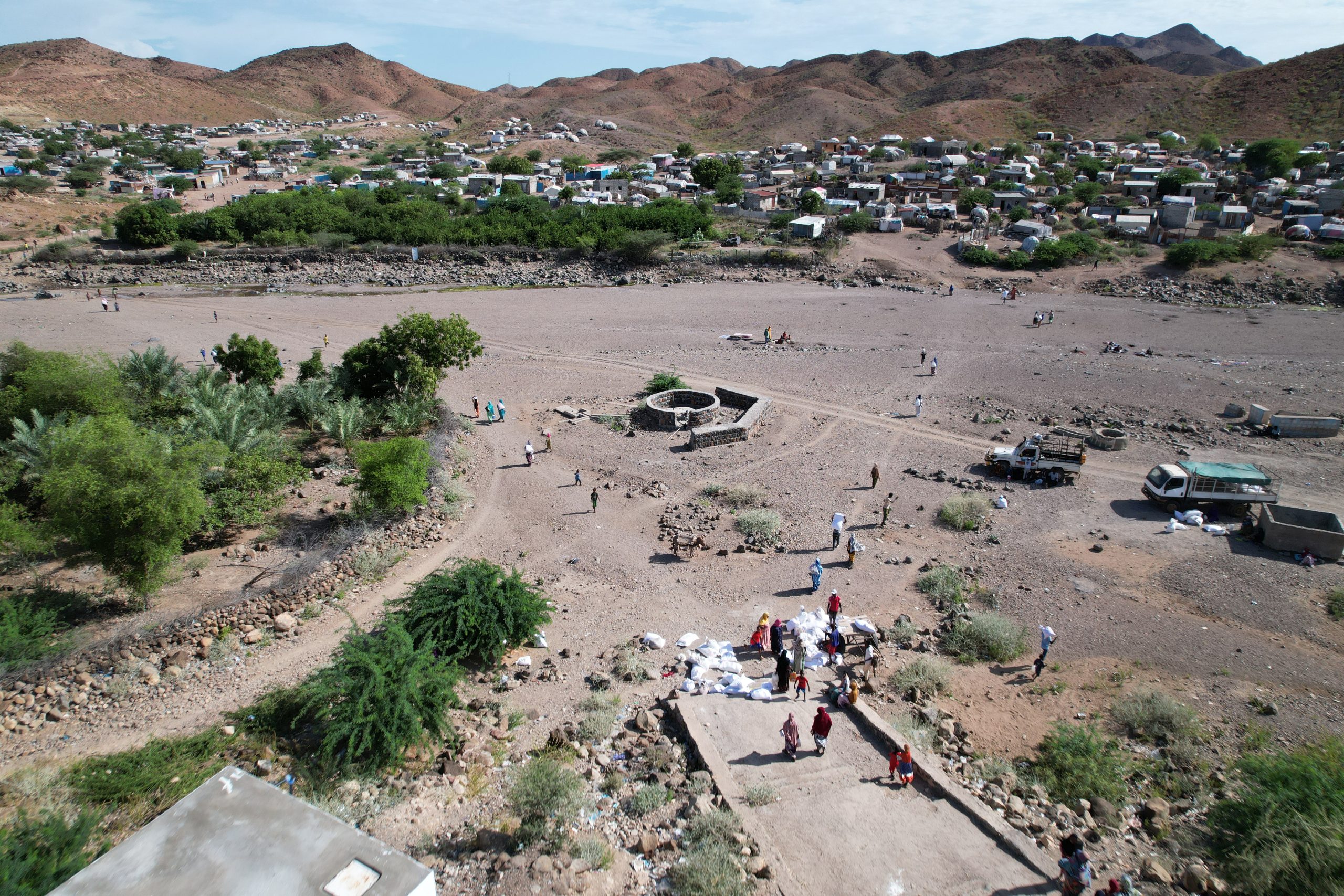Djibouti

Photo: ©WFP/Arete
Djibouti hosts over 23,000 refugees and 11,000 asylum-seekers, primarily from Somalia, Ethiopia, and Yemen. They reside in Ali Addeh, Holl Holl, Markazi refugee villages, and Djibouti City. Nearly 70 percent of them are women and children.
Ranked 93rd out of 125 countries in the 2023 Global Hunger Index, Djibouti falls into the “serious” category of hunger severity. The country’s hot and dry climate limits agricultural productivity, and livestock contributes only three to four percent of GDP. As a result, Djibouti imports 90 percent of its food, leaving it highly vulnerable to global price fluctuations. These fluctuations directly impact the purchasing power of low- and middle-income rural households—particularly those headed by women.
JOINT HUB SUPPORT
The Joint Hub support to WFP and UNHCR country operations in Djibouti focused on data interoperability, which resulted in the deployment of biometric interoperability solution that allowed WFP to use its beneficiary information and transfers management platform (SCOPE) with UNHCR biometrics.
